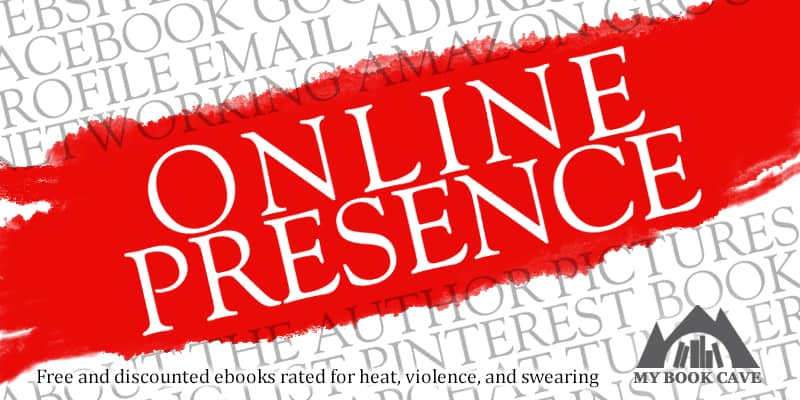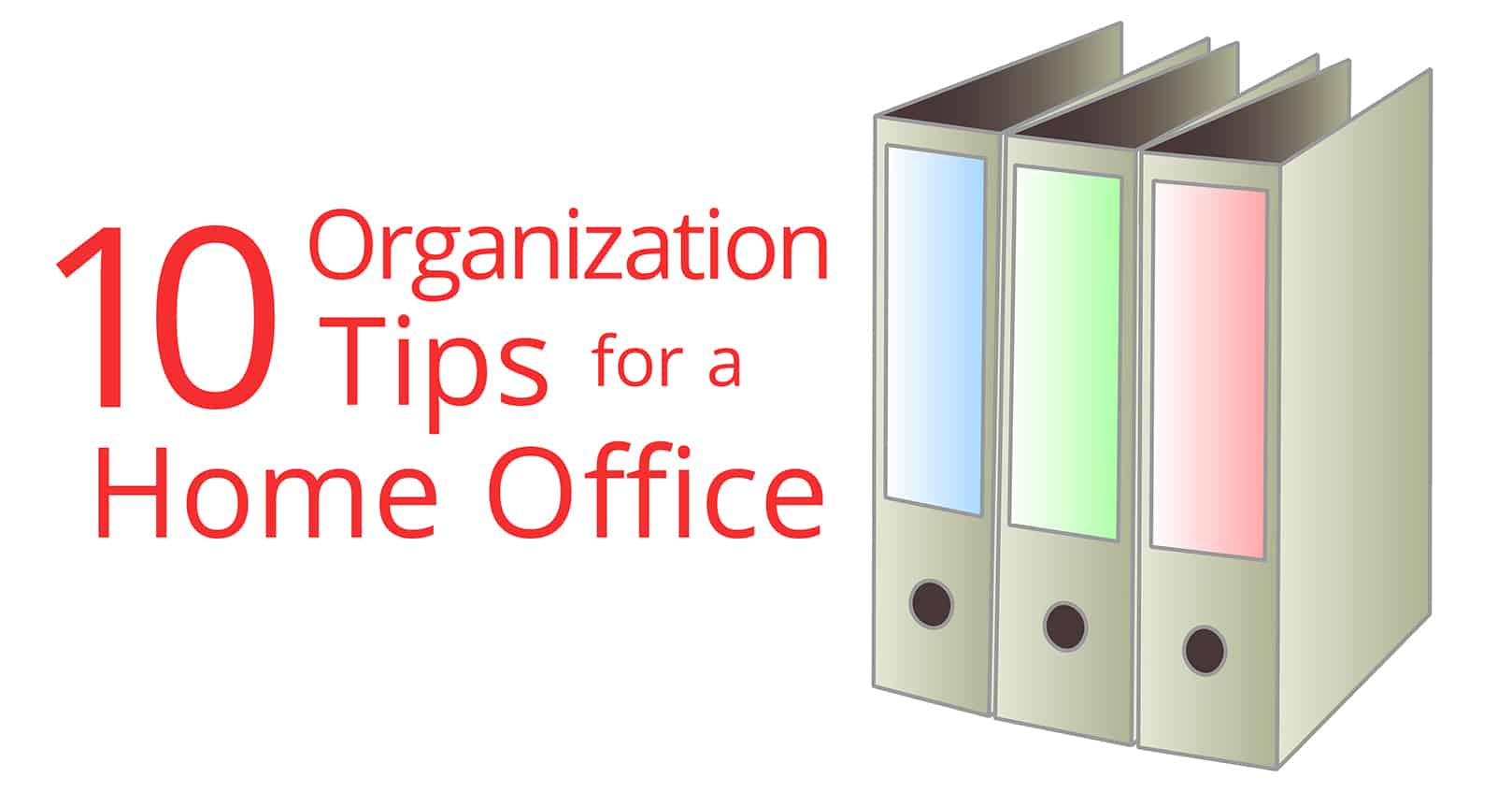
How Important Is An Author’s Online Presence?
All the publishing pros will tell you that having an active online presence is an author’s most important asset. How else will readers discover your work? How will those interested in what you have to offer locate you? How else will you stand out from the rest of the crowd? I recently experienced firsthand how imperative it is for an author to be available to an audience online. I consider myself to have a solid online presence, and what I saw when I researched other authors baffled me.
A few weeks ago while at work at a community college in upstate New York, I got a call from Dorene who works in our continuing adult education program. She asked me to help her locate the author of a book she wanted to purchase for a class. She wanted to buy the books directly from him. I teach a few classes in self-publishing at the college, so although I am officially a campus nurse, Dorene figured I’d be able to help.
“Did you look him up on LinkedIn?” I asked.
“No,” she said. “Great idea.”
We looked for him on the site and came up with nothing. We checked his Amazon page, but there was no author profile and no contact information listed. We looked for him on Facebook, X, all the usual places authors set up an online presence, but did not find him. We did a Google search and came full circle back to the Amazon page with no info.
Stumped, I apologized and said, “I guess he doesn’t want to be found.”
She was disappointed. “We’re looking at another book, and that author is approachable, so I guess we’ll go with him.”
I felt bad for the author who lost the opportunity to put his book into the hands of a classroom of students. If he had simply set up an author profile on his Amazon page with contact info, he would have made a nice sale.
We Live in a Global Market
Not long after that I was talking to Gail, my contact at Thrall Library who works with me to coordinate the library’s Local Authors & Illustrators Showcase, coming in September. She had an author she wanted me to invite to the event. She gave me a slip of paper with his name and phone number.
Before I contact an author for this event, I check him out online to make sure he fits with the program and to see what he can offer to our patrons and the other authors attending. And although I had a phone number for this guy, I wanted an email address, my preferred method of communication for this event. As you can imagine, coordinating 20+ authors can become confusing and overwhelming. An email trail keeps me organized and sane.
So I did my research on all the usual sites and discovered this author had no online presence other than his Amazon page with no author profile. Bummer. I resorted to calling him, and after we played some telephone tag he agreed to participate. He gave me an email address, and we are now communicating online, although he says he does not have internet service at home and visits his local library once a week to take care of his email.
After our initial conversation, I shook my head, amazed that the author of five print books would opt out of an online presence. We live and work in a global market. There’s no telling who might be interested in what this author has published or who might want to invite him to an event where he can share his work with an audience and perhaps sell a few copies. Again, a profile on his Amazon page including contact info is all he needs to avail himself of opportunities.
Update Your Online presence
A year ago, I attended a local author event at another library (it’s where I got the idea for the event in my hometown). I met a few authors of children’s books. I’m in need of these authors to round out my program so I thought I’d invite them to join us. I had the event program and lots of info I’d collected (bookmarks and postcards) from these authors and sat down to do some investigating.
I was shocked to find that although many of them had some online presence—a Facebook or X page, a website—many of them were inactive and had not posted or updated their sites in months. What was going on? Were they interested in getting out there with their books? None of them had listed an email address. Of the five I checked out, two looked promising, so I reached out to them via their Facebook accounts, but we are not friends, and such messages get sent to a secondary inbox. I learned this when I reached out to a blogger for a possible interview and didn’t get a reply for months because she didn’t realize she had mail waiting for her in this box. I imagine my messages to these authors will lie undiscovered, and they will miss out on an opportunity to connect with readers and other authors, and sell books.
Don’t Forget the Email Address
One more story regarding my locating authors for this event: I learned of a local guy with a new book and decided to invite him. He had a great online presence—Amazon profile, and Facebook, X, and About Me pages—but I couldn’t find an email address. I decided to contact him via X and he responded! Happy ending! But I shouldn’t have to work so hard to get in touch with someone who has recently published a book.
What’s the moral of these stories? If you’re serious about your career as an author, indie or otherwise, it’s imperative you establish an online presence. You can do this for free. At the very least, build an Amazon author profile. Then start a Facebook, X, Pinterest, LinkedIn, or About Me page (one or all, your choice, but at least one.) Create a webpage, your home on the web. On every site, include an email address. If you don’t want to use your personal email address establish a new account specifically for your author activities. Remember to check it daily. Update your Amazon page and social media pages frequently. It’s important to look active and engaged to potential readers and those looking to establish a relationship.
Publishing is a competitive business. Discoverability in a field of millions is difficult. Don’t make it hard for people to find you. Not everyone will be as patient and determined to track down an author as I am.















Comments